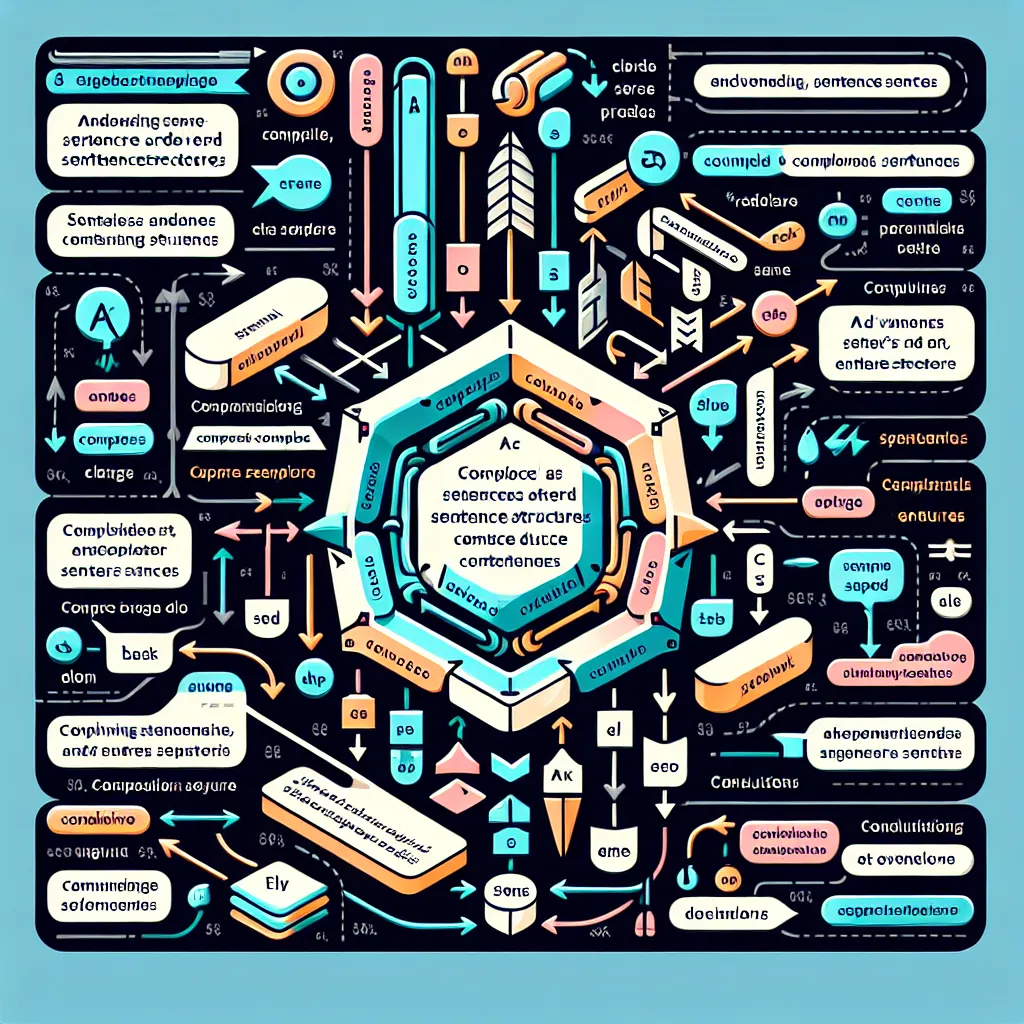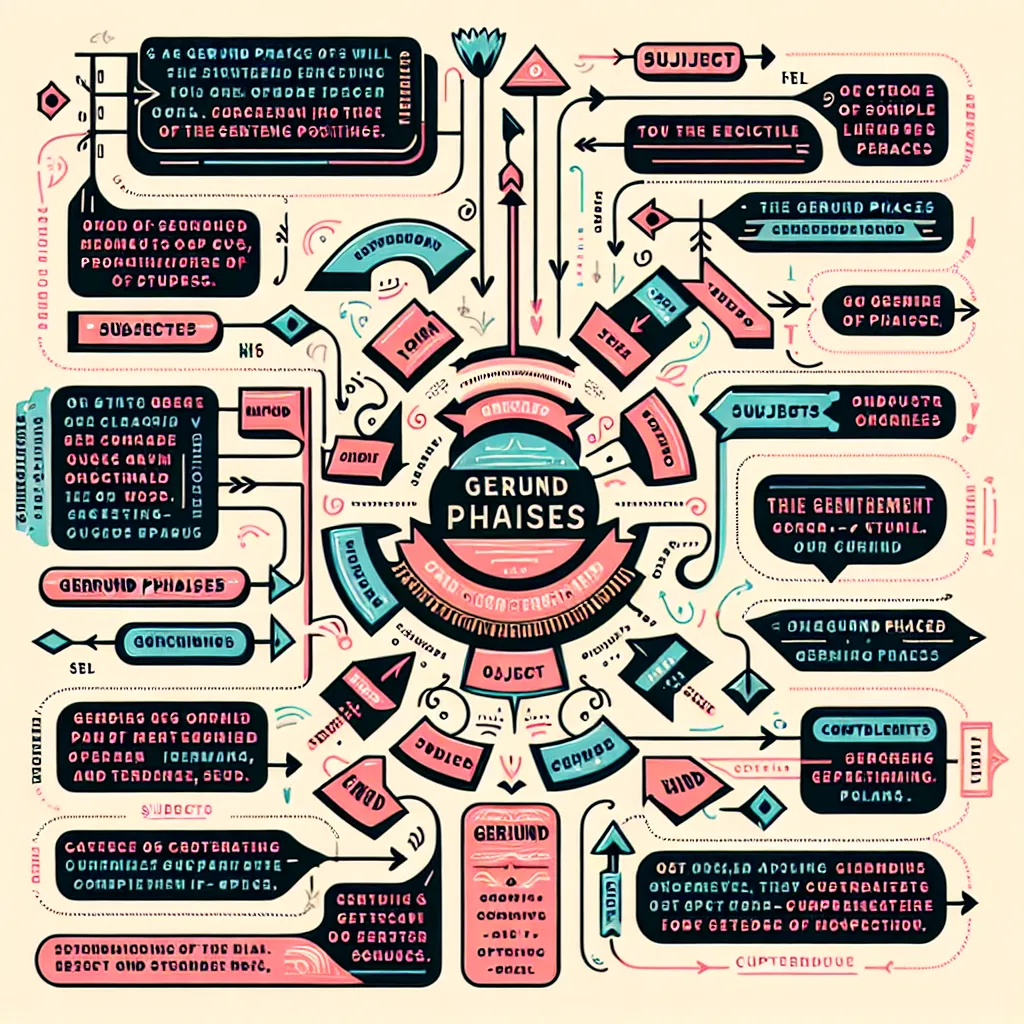Mastering grammar in negotiation dialogues is crucial for effective communication in business and professional settings. Whether you’re a non-native English speaker or looking to refine your language skills, this guide will provide you with practical tips and strategies to enhance your grammar usage in negotiation contexts.
 Business negotiation scene
Business negotiation scene
Understanding the Importance of Grammar in Negotiations
Grammar plays a pivotal role in negotiations as it directly impacts the clarity, professionalism, and persuasiveness of your communication. Proper grammar usage helps you:
- Convey your ideas clearly and avoid misunderstandings
- Build credibility and trust with your negotiation partners
- Present arguments and proposals more effectively
- Demonstrate respect for your counterparts through precise language use
Common Grammatical Challenges in Negotiation Dialogues
Before diving into improvement strategies, let’s identify some common grammatical issues that often arise in negotiation contexts:
- Conditional statements (e.g., “If you agree to X, we will do Y”)
- Modal verbs for expressing possibility and obligation (e.g., “We may be able to,” “You should consider”)
- Passive voice vs. active voice
- Tense consistency, especially when discussing past agreements and future plans
- Reported speech for relaying information from other parties
Strategies to Improve Grammar in Negotiation Dialogues
1. Study Negotiation-Specific Language Patterns
Familiarize yourself with common phrases and structures used in negotiations. For example:
- “We propose that…”
- “In exchange for X, we’re willing to offer Y”
- “Let’s explore a mutually beneficial solution”
Practice using these patterns in context to internalize their grammatical structures.
2. Master Conditional Sentences
Conditional sentences are crucial in negotiations for discussing hypothetical scenarios and making offers. Focus on the four main types:
- Zero conditional: “If you sign today, you receive a 10% discount.”
- First conditional: “If you agree to our terms, we’ll deliver within a week.”
- Second conditional: “If we were to increase the quantity, what would the price be?”
- Third conditional: “If we had known about the delay, we would have made different arrangements.”
3. Improve Your Use of Modal Verbs
Modal verbs add nuance and politeness to your proposals and requests. Practice using:
- “Could we possibly…”
- “Would you be willing to…”
- “We might be able to…”
- “You should consider…”
4. Develop Tense Consistency
Maintain consistent tense usage, especially when discussing:
- Past agreements: “As we discussed last week…”
- Current situation: “We are currently offering…”
- Future plans: “We will implement the changes by next month.”
5. Practice Active Listening and Reformulation
During negotiations, actively listen to your counterparts and practice reformulating their statements. This helps you:
- Confirm understanding
- Practice using correct grammar in real-time
- Build rapport by mirroring language patterns
Example:
Counterpart: “We’re not satisfied with the current terms.”
You: “I understand that you’re not satisfied with the current terms. Could you elaborate on which aspects you find unsatisfactory?”
 Active listening in negotiation
Active listening in negotiation
6. Utilize Reported Speech Correctly
When relaying information from other parties or previous conversations, use reported speech correctly:
Direct: “We will increase production,” they said.
Reported: They said that they would increase production.
Practice transforming direct speech to reported speech to improve your accuracy in summarizing discussions.
7. Enhance Your Vocabulary with Negotiation-Specific Terms
Expand your vocabulary with words and phrases commonly used in negotiations:
- Concession
- Compromise
- Bottom line
- Win-win situation
- Dealbreaker
Use these terms accurately to demonstrate your proficiency and understanding of negotiation concepts.
8. Seek Feedback and Practice Regularly
Engage in role-play exercises with colleagues or language partners. Record your practice sessions and analyze your grammar usage. Seek feedback from native speakers or experienced negotiators to identify areas for improvement.
Tools and Resources for Improving Grammar in Negotiations
To support your learning journey, consider using the following resources:
- Language learning apps with business English modules (e.g., Duolingo, Babbel)
- Online courses focused on business negotiations (e.g., Coursera, edX)
- Grammar checkers and writing assistants (e.g., Grammarly, ProWritingAid)
- Business English podcasts that cover negotiation scenarios
- Books on negotiation skills that include language tips
Practical Exercises to Enhance Your Grammar in Negotiations
-
Sentence Transformation: Practice converting sentences from one grammatical structure to another. For example, change active voice to passive voice or direct speech to reported speech.
-
Scenario Writing: Create short negotiation scenarios and write out potential dialogues, focusing on using correct grammar and appropriate language.
-
Gap-fill Exercises: Use negotiation-themed texts with missing words or phrases to practice selecting the correct grammatical elements.
-
Error Correction: Review sample negotiation dialogues with intentional grammatical errors and practice identifying and correcting them.
-
Timed Speaking Drills: Set a timer and practice speaking on negotiation topics, focusing on using correct grammar under time pressure.
Conclusion
Improving your grammar in negotiation dialogues is a continuous process that requires dedication and practice. By focusing on specific grammatical structures common in negotiations, expanding your vocabulary, and engaging in regular practice, you can significantly enhance your communication skills in professional settings.
Remember that effective negotiation is not just about grammar but also about building relationships, understanding cultural nuances, and achieving mutually beneficial outcomes. As you refine your language skills, also work on developing your overall negotiation strategies and interpersonal abilities.
Keep practicing, seek feedback, and don’t be afraid to make mistakes – they’re an essential part of the learning process. With time and effort, you’ll find yourself communicating more confidently and effectively in all your negotiation endeavors.




